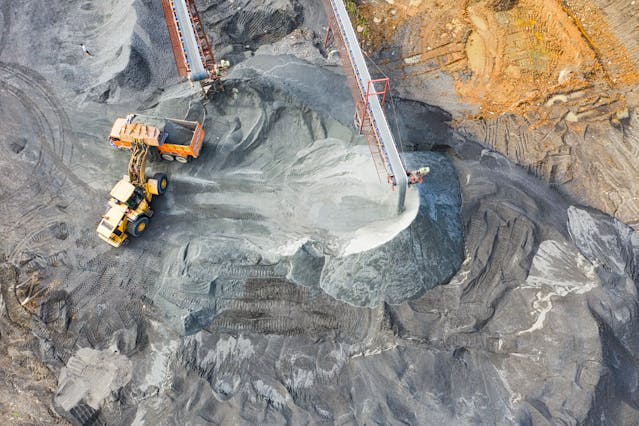Brussels Moves to Coordinate Response After Beijing Expands Controls
The European Union is crafting a coordinated response to China’s latest decision to widen restrictions on exports of key industrial minerals. The measure, formalized under Announcement No. 61, extends Beijing’s export licensing system to additional rare-earth elements including holmium, erbium, europium, thulium, and ytterbium. Following a ministerial gathering on 14 October 2025, EU Trade Commissioner Maroš Šefčovič confirmed that member states plan to act in concert with G7 allies to protect Europe’s manufacturing base and stabilize essential material supplies.
China’s Market Power Exposes Europe’s Strategic Dependence
Beijing’s dominant position in the refining and supply of rare earths—responsible for more than four-fifths of global output—has once again highlighted Europe’s vulnerability to trade restrictions. The updated export rules, which take effect on 1 December 2025, could squeeze availability of materials crucial to electric mobility, renewable power systems, and defense production. Economists caution that Europe’s reliance on Chinese inputs could worsen the cost pressures already affecting critical industries. In response, EU policymakers are urging faster progress on recycling initiatives, new extraction projects within the bloc, and stronger partnerships with mineral suppliers across Africa and Scandinavia.
EU Opts for Measured Diplomacy Before Considering Countersteps
Brussels is favoring dialogue and coordination with international partners over immediate retaliation. Officials are evaluating whether the Chinese measures comply with global trade rules and consulting with allies in the United States, Japan, and Canada on potential joint responses. Danish foreign minister Lars Løkke Rasmussen, who chairs the EU Council presidency, said the development “tests Europe’s capacity to act collectively in defense of its economic interests.” The European Commission is expected to present a comprehensive action plan before the end of the year, combining legal review, supply diversification, and long-term resilience measures to reduce dependence on China’s mineral exports.


